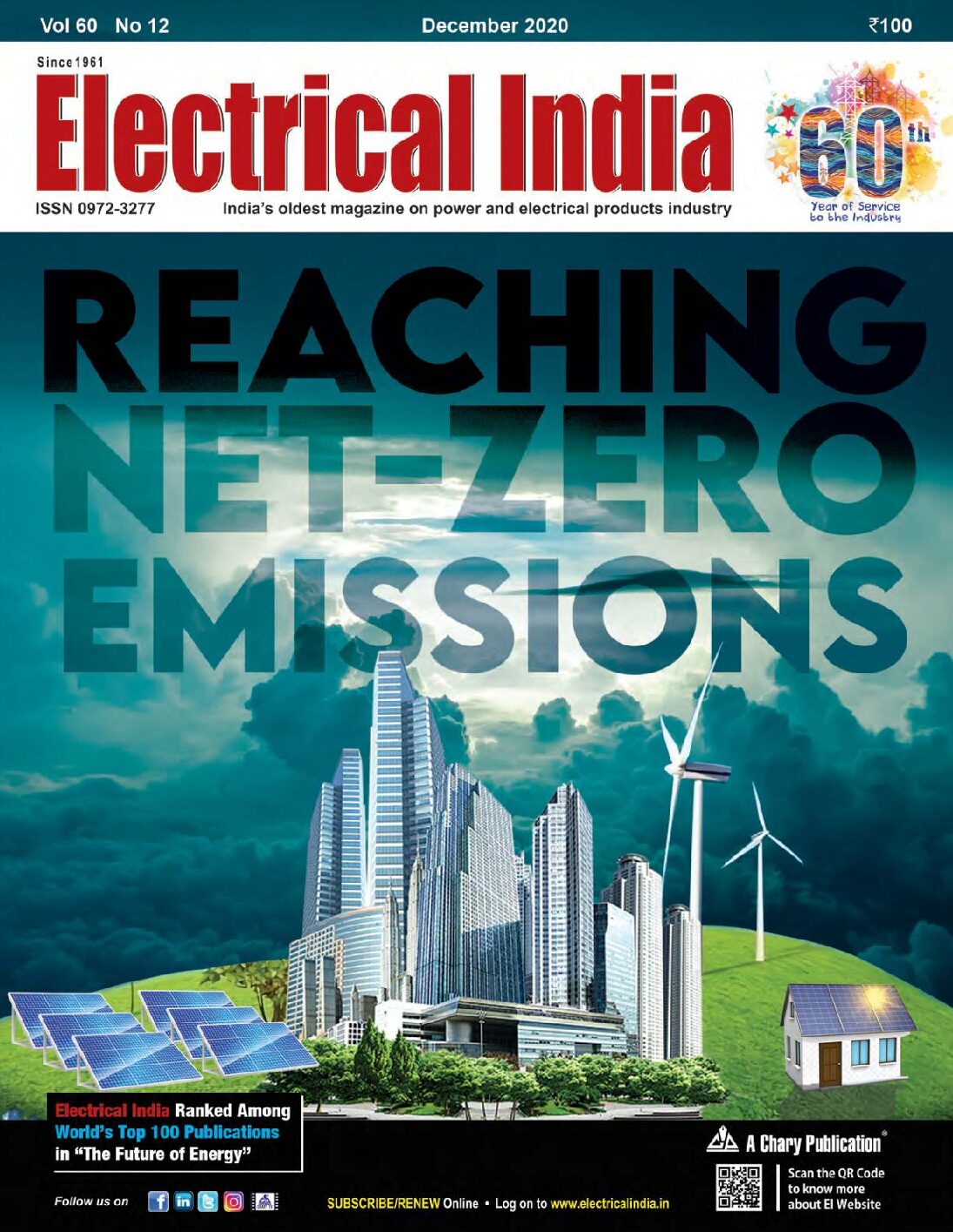
Power conversion forms the bedrock of our energy landscape, bridging the gap between diverse energy sources and end-use applications. At the heart of this transformation, power converters, equipped with sophisticated machine learning algorithms, dynamically adjust their operations for optimal efficiency and performance. Alternating Current (AC) to Direct Current (DC) converters, DC to DC converters, and AC to AC converters now collaborate with machine learning to orchestrate an energy symphony of unprecedented harmony.
Machine learning in power conversion
The fusion of power converters and machine learning has given rise to a new era of intelligent energy management. By infusing machine learning models into power converters, they gain the ability to learn from historical data, predict future load demands, and optimize their output accordingly. The once-static conversion process is now a dynamic dance of data- driven decision-making.
Applications
- Renewable Energy Integration: Machine learning-equipped power converters are the bridge that makes renewable energy sources a seamless part of our energy mix. Solar panels, notorious for their variable outputs, find stability through adaptive power converters. These converters utilize machine learning algorithms to forecast solar irradiance patterns, optimizing energy capture and integration into the grid.
- Electric Vehicles: In the realm of Electric Vehicles (EVs), power converters infused with machine learning orchestrate the ballet of charging. These converters not only adapt to changing grid conditions – but also forecast the EV’s charging requirements based on historical data and user behaviour, ensuring efficient charging cycles and extending battery lifespan.
- Industrial Systems: Machine learning-enabled power converters have become the maestros of industrial processes. They analyze real-time sensor data to adjust motor drive parameters, optimizing energy consumption, and synchronizing processes with remarkable precision.
Advancements and Challenges
- Learning Semiconductors: Machine learning has ventured into the realm of semiconductor design, predicting material properties and optimizing device layouts. This synergy has given birth to smarter semiconductor components, enhancing efficiency and durability.
- Cognitive Thermal Management: Machine learning algorithms are mastering the art of thermal management in power converters. By analyzing real-time temperature data, these algorithms adapt cooling mechanisms, mitigating heat-related performance degradation and ensuring longevity.
- Model Complexity: Machine learning models can be complex and computationally expensive to train and deploy. This can be a challenge for power converters, which are often resource- constrained devices.
- Nonlinear Dynamics: Power converters are nonlinear systems, which means that their behaviour cannot be easily predicted by traditional mathematical models. This makes it difficult to train machine learning models that can accurately predict the behaviour of power converters.
- Security and Safety: Machine learning models can be vulnerable to security attacks. This is a particular concern in the case of power converters, which are often used in critical infrastructure applications.
The trajectory ahead is one of immense promise
- Hyper-Efficiency: Machine learning-powered power converters are poised to set new efficiency benchmarks, minimizing energy losses and optimizing power delivery.
- Autonomous Grids: Power converters will evolve into autonomous nodes within smart grids, managing energy flows with unparalleled precision, and adapting to demand changes instantaneously.
Conclusion
In the realm of energy transformation, power converters have transitioned from silent actors to dynamic conductors of a symphony of efficiency and sustainability. As they embrace the cognitive capabilities of machine learning, they are orchestrating an evolution that promises a more harmonious and energy- efficient world. This partnership between power converters and machine learning is the anthem of a future where energy transformation dances to the tune of intelligent optimization, fostering a greener and more electrifying planet.

Chodagam Srinivas is an esteemed academician and dedicated researcher with over a decade of experience in Teaching, and Research. As an Assistant Professor at Madanapalle Institute of Technology & Science in Andhra Pradesh, India, Srinivas has become a prominent figure in advancing sustainable energy solutions. His expertise bridges the gap between complex concepts and real-world implementation, making him a sought-after speaker at industry events.














